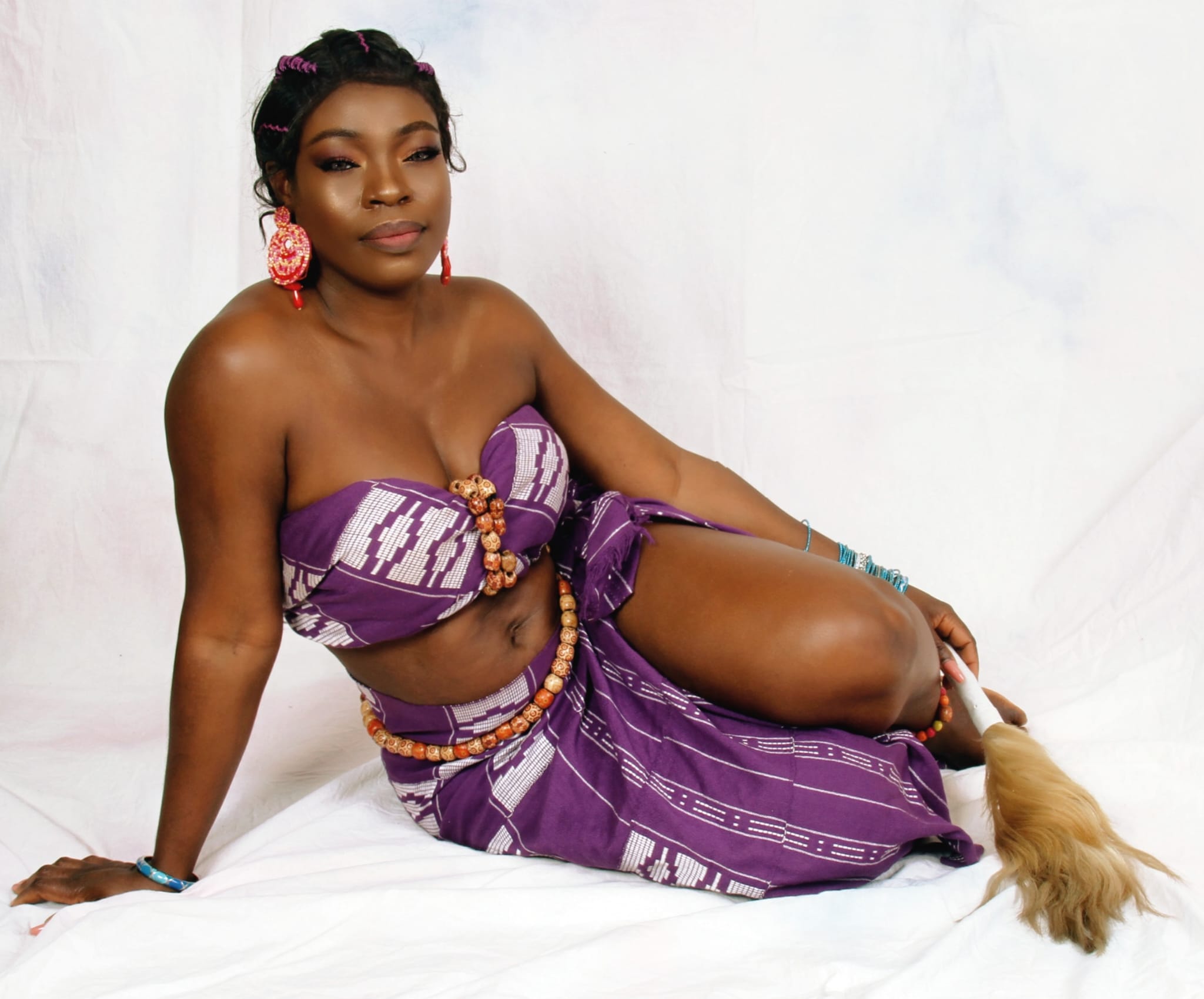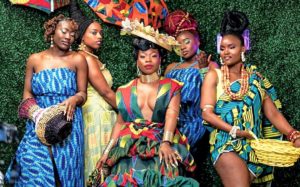
Music was a pre-existing wording, as well as prehistoric art. It was one of the earlier norms of transmission. Music was an unusual feature in ancient societies and part of good sociable concerns. Anthropologists have confirmed that the foremost cultures with a powerful music habit blossomed while other non-musical practices worked to survive. One of the bases for this is that music produces strong feelings and understanding of troubles. We associate strong emotions with growth (reproduction and life), which is why traditionally, music societies have been capable of thriving more useful. Music controls their emotions, permits important transmissions, and facilitates people to link with and sustain other associates of their society.
When examining the African theme, the term “conventional music” is used by African countries to define aspects of African music before the colonial strategy, which was general in the late nineteenth century. This pre-colonial period was the maximum of sociable modification and power. The top African kingdoms and empires advanced and failed, and many of their rules and customs are always dominant in African towns today. The musical capacity to unite people and encourage good social connections is a testament to what ensued when Percussion Play Denmark created a communal music garden for the senior villagers, callers, and regional children to enjoy jointly.
Liberia’s music is extensive and miscellaneous to the continent’s provinces, polities, and racial groups.
The African mainland populates about 20% of the world’s ground space and has residents of about 934 million. African music is as various as a civilization and blooms shape people in many regional patterns and outward sways. African music also helps link people in other ways and maintain the social material, supporting people’s dedication to helping each other and the residents in health and wealth. Is. Another essential part of music in Africa is in the form of transmission.
In the early days of the African epidemic, the globe saw Africans reaching out of their terrace to sing the national anthem, occasionally recreated by an opera star. But the result is not restricted to Africans: COVID-19 has made a multinational music retort, a ‘wonderful’ comeback that is instrumental in creating music.
Although there are numerous tune styles in Liberia, a country in Africa, there are many familiar music formats, particularly in the areas. The image of the music in Africa varies in different parts and civilizations, specifically in sub-Saharan Africa. In sub-Saharan Africa, the functions of music and hop are intertwined, and the theme unites all life factors, representing life via sound. By permitting to mark important points in life, music helps to emphasize the sacred effectiveness and lasting life of someone.
When we hear to recreate music, our body dismisses dopamine. These are the “delight” hormones implicated in regulating perspective. Music drives us to touch truly pleased. Singing, tapping, and jigging all donate to the ‘enjoyment hormone’ of the human senses. So, creating music makes us feel happy than singing alone.
Music permits us to convey ourselves; not all music uses terms, but all tunes can form our touch. People who form music can use music to represent themselves. Yet, performers are not the only ones who satisfy. Listeners can usually empathize with the music they hear to. This means that somebody can also transmit by just hearing. The integrated music setting entitles us to partake in an integrated genre, invariant with a little listening. The music combines us because it is obtainable all over the world. No issue where you are in the world transmits in the music industry with others will certainly put a smile on your face.
Music is an essential piece of famous civilization, it delights us, so it is a useful platform for examining colonial problems. The shows operate very nicely because the artists have the option to speak to gatherings of people. For colonial networking to have its sources, it must be hugged by a great crowd of people, and someone is more likely to acquire these messages if their equivalents answer them.





